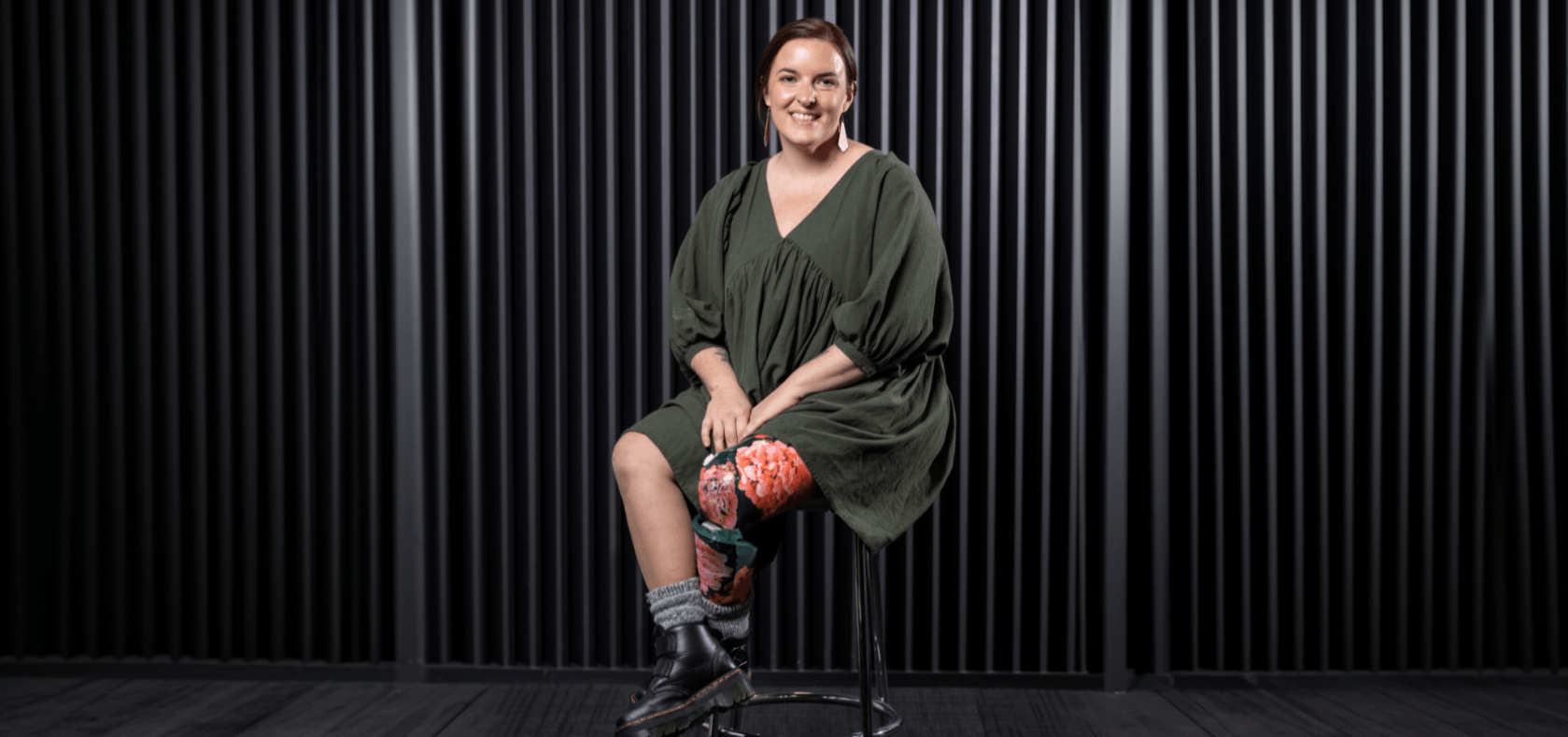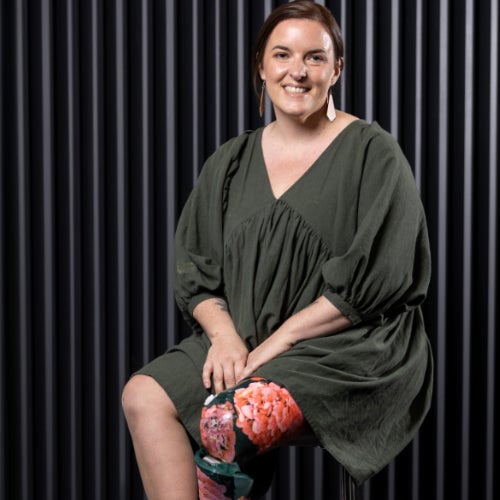Beijing+30 Youth Blog: Recognizing we need equity, not ‘equality’, In New Zealand
Date:
Author: Robbie Francis Watene

I recently met a friend for coffee, and our conversation turned to the growing hostilities against people who do not conform to socially constructed ideas of what it means to be “normal”. As I started to share the devastating impact this is having on marginalized populations such as the disability community, my friend said, “But Robbie, I don’t see you as a disabled woman, I see you just the same as everyone else.”
While his comment was intended as a compliment, it made me deeply uncomfortable. It got me thinking about “equality” and the idea that we are all the same.
I am a proud woman with disability. I was born with a condition called phocomelia. I use a prosthetic leg and have muscular-skeletal issues throughout the lower half of my body.
On the one hand, I am human, so I am equal to other humans. On the other hand, despite being “equal”, we know that women and girls with disabilities (and gender minorities) experience the worst life outcomes of any group in society, including across all 12 critical areas of concern of the Beijing Declaration and Platform for Action.
In New Zealand (or Aotearoa, in the indigenous Maori language), a new coalition Government was established in 2023 by three centre-right parties. We have since seen a rapid erosion of human rights and the well-being of minority populations, all in the name of austerity-driven “equality”. This has included cuts to disability supports, accommodations and roles in education, welfare, child protection, health, housing, transport and justice. Changes to funding models have limited choice and control for women with disabilities. There have been overt and racist attacks on the indigenous language and culture of Māori women with disabilities.
Women and girls with disabilities disproportionately experience all three types of violence described by Johan Galtung, a founder of peace and conflict studies. They experience direct violence in the form of disability hate crimes; structural violence in the policies and systems that exclude and marginalize them: and cultural violence in the preferential treatment of people without disabilities.
In Aotearoa New Zealand, the recent hyper-focus on “equality” has not led to a reduction of violence. Instead, it has become a form of cultural violence and an antecedent to structural and direct violence.
To address this violence, we must move beyond a sole focus on “equality” to thinking about “equity” -- from “sameness” to “fairness”.
Perhaps most important is ensuring that women with disabilities are not just invited to the decision-making table (equality), but that we are provided with the supports needed to enter the room where the table is, to participate in decision-making (equity).
So as my friend and I sipped on our coffees, I paused for a moment before replying: “When you fail to see my disability, you fail to see me. You fail to see all the barriers disabled women encounter every single day. We may be equal, but we are not the same.”
Biography:

Robbie Francis Watene, 35, from New Zealand, has worked with people with disabilities in several countries and has done research on gender, war and disability rights. Watene is Disabled-Led Research Lead at the Donald Beasley Institute, a leader in disability and family research. She is also co-founded and directs The Lucy Fundation, an international social enterprise that has developed the world’s first value chain of coffee that is entirely inclusive of people with disabilities -- from the farmers in Mexico to the consumers in Aotearoa New Zealand.
 @DBI_Tweet |
@DBI_Tweet |  Robbie Francis Watene |
Robbie Francis Watene |  @robbiefranciswatene |
@robbiefranciswatene |  Robbie Francis Watene, PhD
Robbie Francis Watene, PhD